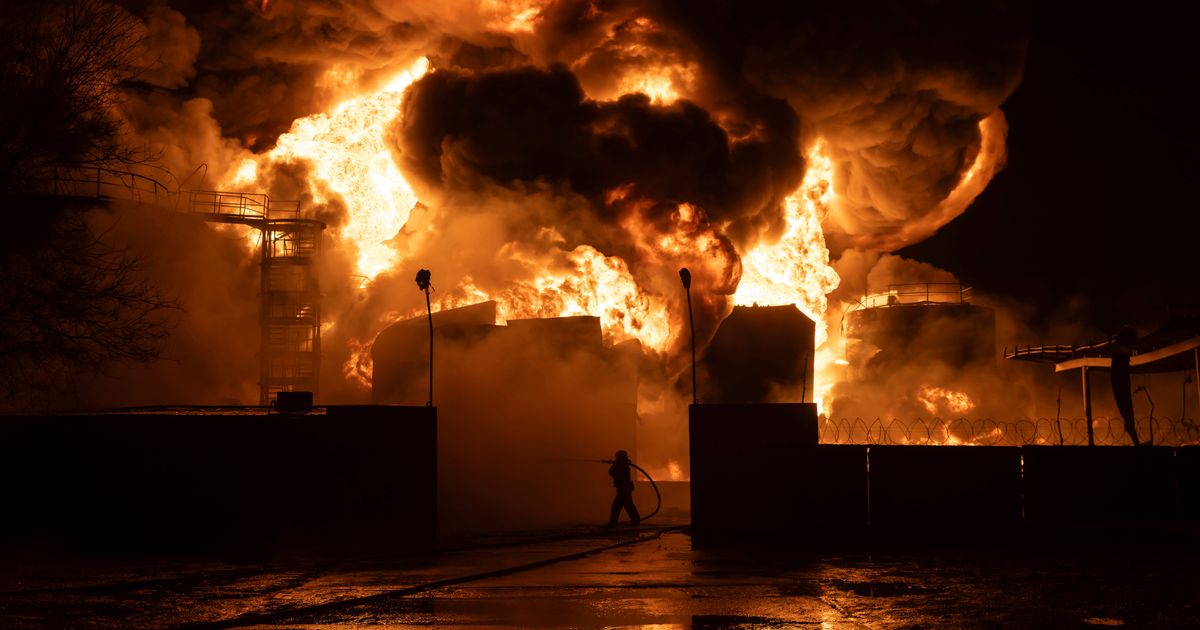The largest Russian drone attack on Kharkiv since the start of the war resulted in at least three deaths and 17 injuries. During the night, Russia launched 48 drones, two missiles, and four glide bombs, causing extensive damage including three multi-story buildings hit. Firefighters rescued residents from burning buildings. Russia claims the targets were exclusively military objects as retaliation for Ukrainian actions, while Ukraine states the attack was massive and followed Ukrainian strikes on Russian military bases. US President Donald Trump commented that Ukrainians gave Putin a reason to bomb them. The attacks are part of the ongoing escalation of the conflict since February 2022.
Political Perspectives:
Left: Left-leaning outlets emphasize the humanitarian impact of the Russian drone attacks on Kharkiv, highlighting civilian casualties and the destruction of residential buildings. They often frame the attacks as part of Russia’s aggressive and unjustified military campaign against Ukraine, underscoring the suffering of Ukrainian civilians and the resilience of Ukrainian defense efforts. The narrative also includes criticism of Russian claims that the attacks target only military objectives, pointing to evidence of civilian harm.
Center: Centrist sources report the facts of the drone attacks with a focus on the military aspects, including the scale of the attack, the number of drones and missiles used, and the strategic context such as Ukrainian counterattacks on Russian bases. They present statements from both Russian and Ukrainian officials, as well as international reactions, aiming for balanced coverage. The humanitarian impact is noted but often alongside military and political developments, including comments from international leaders like Donald Trump.
Right: Right-leaning media often highlight the justification given by Russia for the drone attacks, framing them as retaliatory strikes against Ukrainian ‘terrorist’ actions. They may emphasize the military successes of Russia and the strategic necessity of the attacks. Some right-leaning narratives include skepticism towards Ukrainian claims and focus on the broader geopolitical implications, including criticism of Western support for Ukraine and highlighting statements from figures like Donald Trump that suggest Ukraine provoked the attacks.







